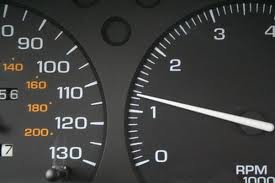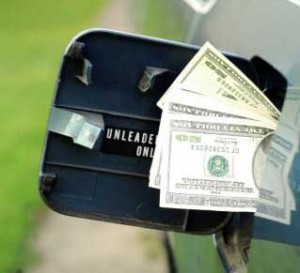- March 10th, 2011
- Jackson Parker
US Energy Dept Expects Avg. US Gas Price to Hit $3.75 By Summer 2011
The US Energy Information Administration (EIA) just released its updated short term outlook for gas prices.
EIA expects the retail price of regular-grade motor gasoline to average $3.56 per gallon in 2011, 77 cents per gallon higher than the 2010 average and about 40 cents above the projected price in the previous Outlook. EIA projects gasoline prices to average about $3.70 per gallon during the peak driving season (April through September) with considerable regional and local variation.
This is an 18 cent increase from today’s current gas prices, which are already astronomically high. Yesterday (March 8, 2011) the national average for a gallon of regular was $3.52, according to AAA, Oil Price Information Service and Wright Express.
EIA also predicts that the projected monthly average regular gasoline price will peak at $3.75 per gallon in June. Other analysts are saying gas prices will raise another $.50 by this years’ peak driving season.


















